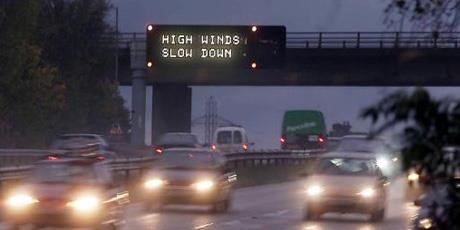The road to ruin
When I heard that the Commons Transport Committee is launching a new inquiry into the Government’s plans for investing in major roads and motorways in England, I thought here was a Christmas present that could go on giving.
Unfortunately I was wrong. In the Committee’s announcement of the inquiry, it says it was prompted by the way the current Road Investment Strategy 2 (RIS2) has gone billions over budget.

Rather driving yet another nail into the DfT’s obsession with obsolescent transport systems, however, it just prompted the Committee to moan that road schemes are over-budget and less blacktop than petrolheads hope for is being laid. It intends only to examine management of RIS2 and planning for its 2025-30 successor, RIS3.
Of course, “over-budget” road schemes are nothing new. Decades ago when, ahem, I admit I worked for a major highway authority, under-estimating their cost was all part of the way to bamboozle politicians into approving them.
The way it worked then was to get an “of-the-order-of estimate” from the engineers (nudge and a wink), present it to the politicians for primary approval, up it a bit (but not enough) when final approval was needed and another unsustainable road scheme would join the conveyor belt.
If the politicians involved were still in office by the time the final bills came in, they would be all too keen to endorse reasons for the over-run.
To judge by seven of the eight questions in the Transport Committee’s call for evidence, the MPs involved are still pretty much stuck in the 1960s mindset which associates growth of the trunk road network with economic well-being. Most are hardly worth dignifying with answers.
Still, there’s a little chink of light in Question 7: “Whether the Government’s roads investment programme aligns with other policy priorities, such as decarbonisation, levelling up, productivity and growth?”
This really needs a robust response. This is the 21st century we’re talking about.
The Committee’s timetable is a tight one – submissions are required by 6 February.
Jon Reeds
 Jon Reeds
Jon Reeds
 Nigel Pearce
Nigel Pearce